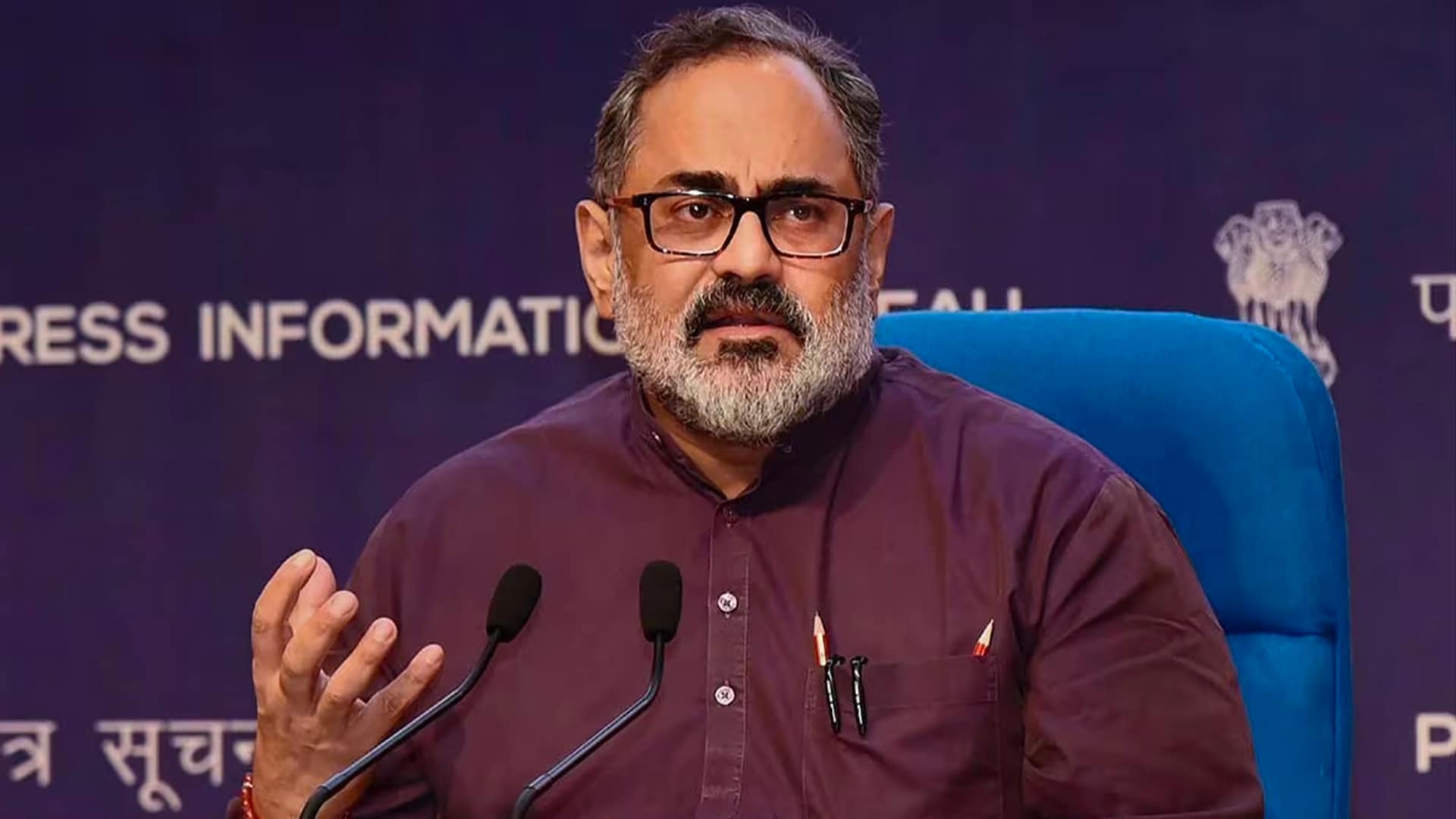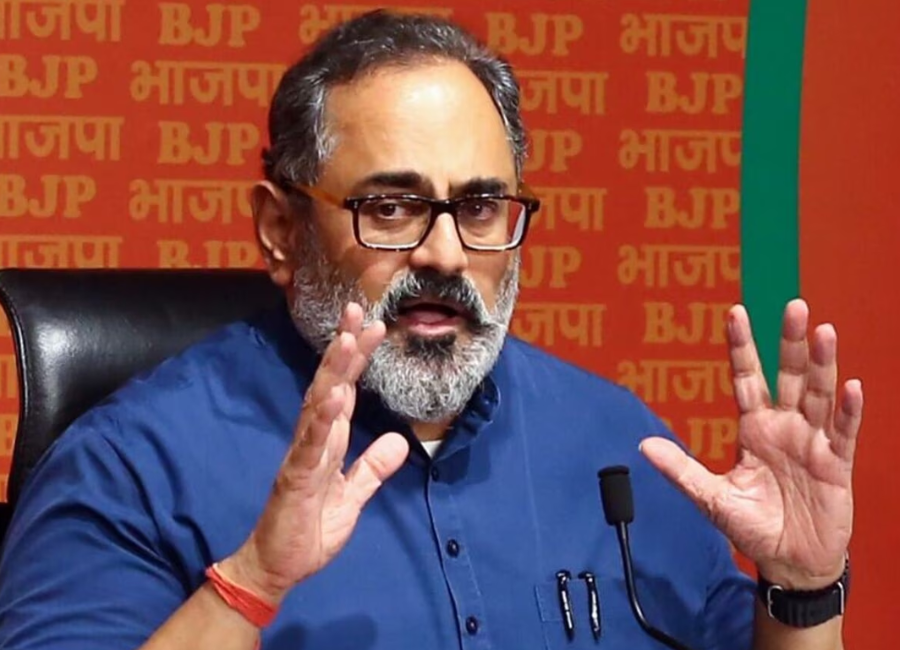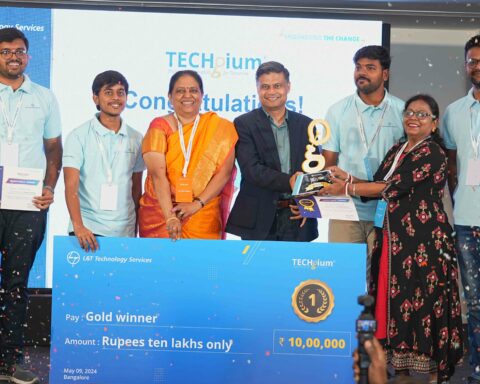Minister of State for Electronics and IT, Rajeev Chandrasekhar, emphasized the critical need for a united effort involving the technology industry, academic institutions, and governments worldwide to address the emerging talent deficit in artificial intelligence (AI)-related roles. Speaking at the Global Partnership on Artificial Intelligence (GPAI) summit in the capital, Chandrasekhar underscored the role of collaboration between industry and academia in leading the way to meet the future demands of AI-related jobs.
The minister stressed that while governments play a role in nurturing talent, the collaboration between industry and academia is crucial to addressing the significant talent deficit anticipated in the field of AI. Chandrasekhar urged academic institutions globally, including those in the UK, Japan, and India, to comprehend the looming talent deficit in AI and actively contribute to supplying the necessary workforce for the AI ecosystem.
Referring to a McKinsey study, Chandrasekhar highlighted the potential economic value of AI tools reaching $26 trillion. However, he pointed out a significant obstacle hindering the full business potential of AI—the shortage of individuals possessing the essential skills and capabilities for AI innovation.
The minister specifically addressed the demand for cutting-edge talent in the AI industry, particularly architects and designers proficient in crafting large-language models (LLMs). As AI advances, the complexities and required capabilities will increase, necessitating a talent pool at the forefront of building these capabilities.

To bridge the talent gap, Chandrasekhar emphasized the importance of collaborative efforts across international academic networks and industries. He stressed the need to realign coursework and curriculum to prepare students for future-ready jobs and equip them with essential skills, steering away from retrospective approaches. The minister’s call for a collective approach seeks to ensure a proactive and coordinated response to the evolving demands of the AI landscape.
The urgent need for academic institutions globally to understand and respond to the talent deficit in AI was a central theme of Chandrasekhar’s address. The collaborative efforts advocated by the minister aim to foster an environment where industry and academia work together to meet the challenges posed by the evolving field of artificial intelligence.
Chandrasekhar also highlighted the potential economic value of AI tools, emphasizing the vast opportunities presented by the AI ecosystem. However, he underscored that realizing this potential requires a workforce equipped with the necessary skills and capabilities. The minister’s call for a united effort reflects a recognition of the shared responsibility in preparing the workforce for the future demands of AI-related roles.
In conclusion, Minister Rajeev Chandrasekhar’s address at the GPAI summit emphasized the need for a collaborative and proactive approach involving the technology industry, academic institutions, and governments to address the anticipated talent deficit in AI. By fostering international collaboration and aligning education with the evolving demands of the AI landscape, the minister envisions a future where the workforce is well-equipped to harness the full potential of artificial intelligence.







